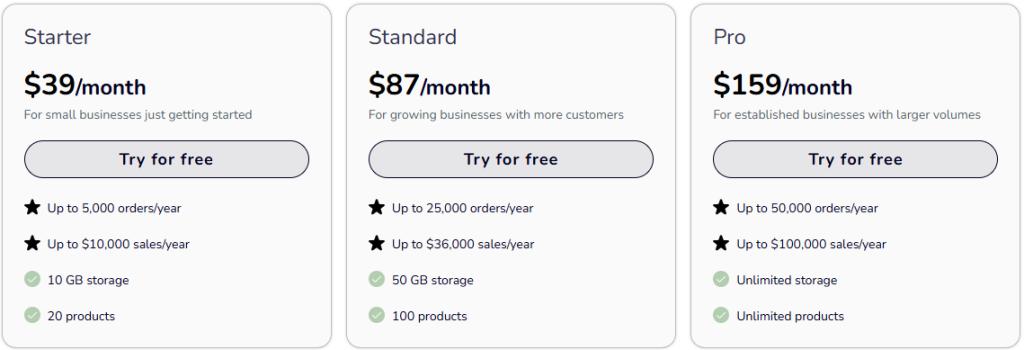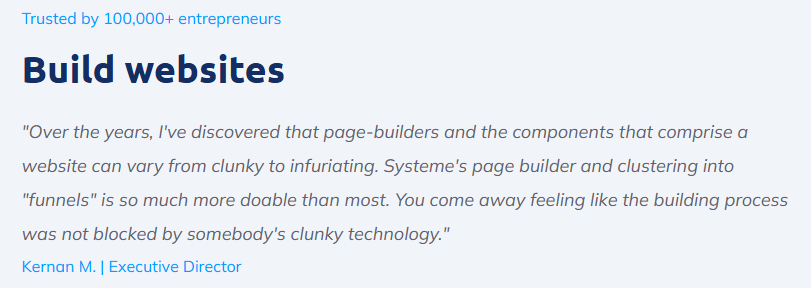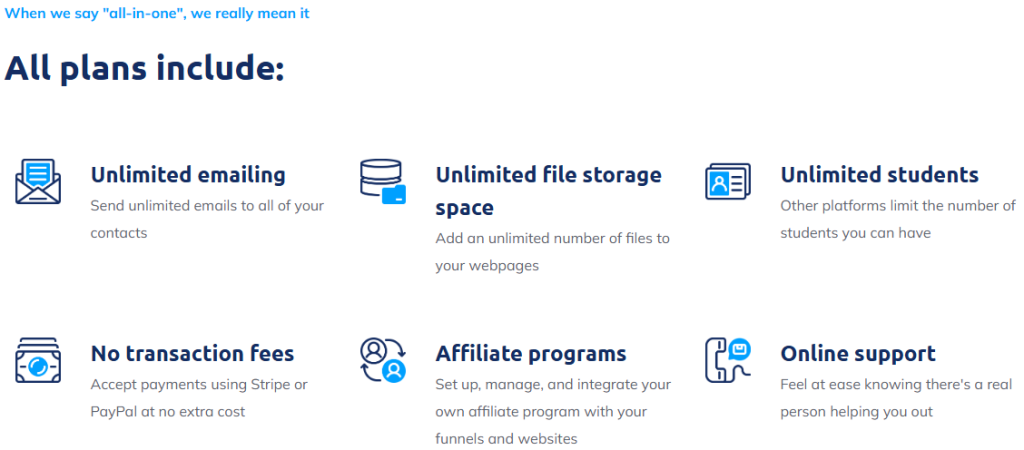
Affiliate Disclosure: This post contains affiliate links. If you click on these links and make a purchase, I may earn a commission at no additional cost to you. I only recommend products or services I genuinely believe in and that I believe will add value to my readers. Thank you for your support!
In today’s rapidly expanding digital landscape, social media usage is at an all-time high—not just in the U.S., but across the globe. With over 4.7 billion regular users, social media accounts for approximately 59% of the world’s population. This virtual superhighway is dominated by just four key platforms (YouTube, Facebook, Instagram, and TikTok), each offering users the opportunity to create and grow their own businesses. Whether it’s well-established enterprises or emerging startups looking to expand their market reach, these platforms provide the tools needed to thrive in an increasingly connected world.
Platforming Your Opportunity
This expansive market opens the door to countless opportunities. Leveraging social media can drive steady traffic to your offers and organically grow your brand. Over time, making use of that existing audience can widen your reach and lead to monetization, if applied consistently.
When starting out with digital products and choosing the right digital product sales tools, your platform can make or break your success. Below, we’ll cover three of the top beginner-friendly platforms that can streamline your online business growth and sales processes without breaking the bank while you get past the learning curve of building your brand.
Learn how to start affiliate marketing — without needing a website.
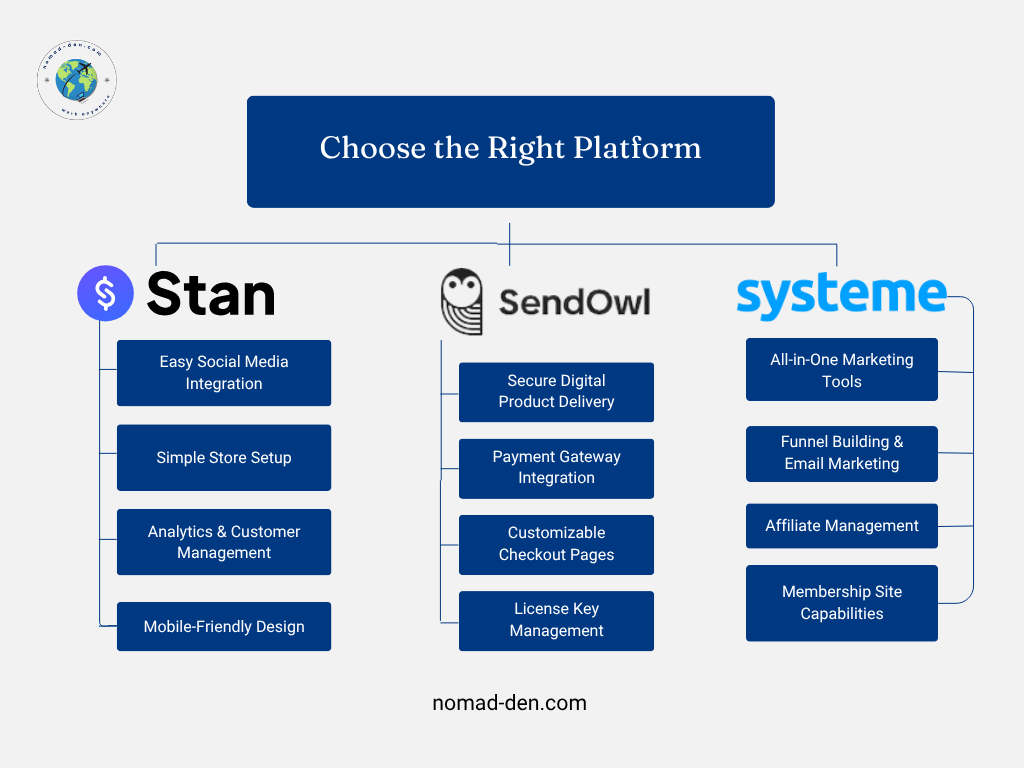
The Importance of Choosing the Right Platform
When it comes to selling digital products online, creators often face several challenges that can make the process more daunting than it needs to be. There are three key areas that ensure a smoother experience for both the creator and the potential customer:
- Payment Processing: Navigating different payment gateways, ensuring secure transactions, and managing refunds can quickly become overwhelming.
- Product Delivery: Ensuring that customers receive their digital products instantly and securely, without technical hiccups, is crucial for maintaining a good reputation.
- Customer Management: Providing timely support, handling multiple customer requests, and managing relationships effectively can be time-consuming and stressful.
Having all three of these key areas working in favor of both the creator and the customer is crucial for a successful business. This is where choosing the right tool becomes essential. These tools integrate features that simplify operations, letting you focus on what you do best: creating great content.
Stan Store: A Platform for Social Media Entrepreneurs
Stan.store has gained significant popularity among social media influencers and creators due to its simplicity and effectiveness in selling digital products directly through social media profiles. It allows entrepreneurs to quickly set up a storefront, making it a favored choice for those looking to monetize their online following.
Key Features:
- Simple store setup: Stan.store has become a best platform to sell digital products for creators who want speed and simplicity with an intuitive setup process, where followers can easily access products and services.
- Payment processing and email marketing integration: The platform integrates with major payment processors, allowing for smooth transactions, and also supports basic email marketing tools for creators to engage with their audience.
- Funnel-building capabilities: Stan.store’s funnel-building features guide customers through the purchase journey. Using funnels can increase sales by up to 20%.
- Affiliate management system: Their affiliate system allows users to create programs, set commission rates, and manage affiliates to expand reach and drive more sales.
- Analytics and customer management: Users can track sales and customer behavior through built-in analytics, making it easier to manage relationships and optimize their sales strategies.
Pros and Cons:
- Pros: Ease of use and direct social media integration, simplifying selling for creators. It is also mobile-friendly, so customers can shop from any device.
- Cons: Limited flexibility for product customization, and higher transaction fees compared to some e-commerce solutions, which could reduce profits for smaller creators.
Try Stan.store free for 14 days — risk-free, cancel anytime.
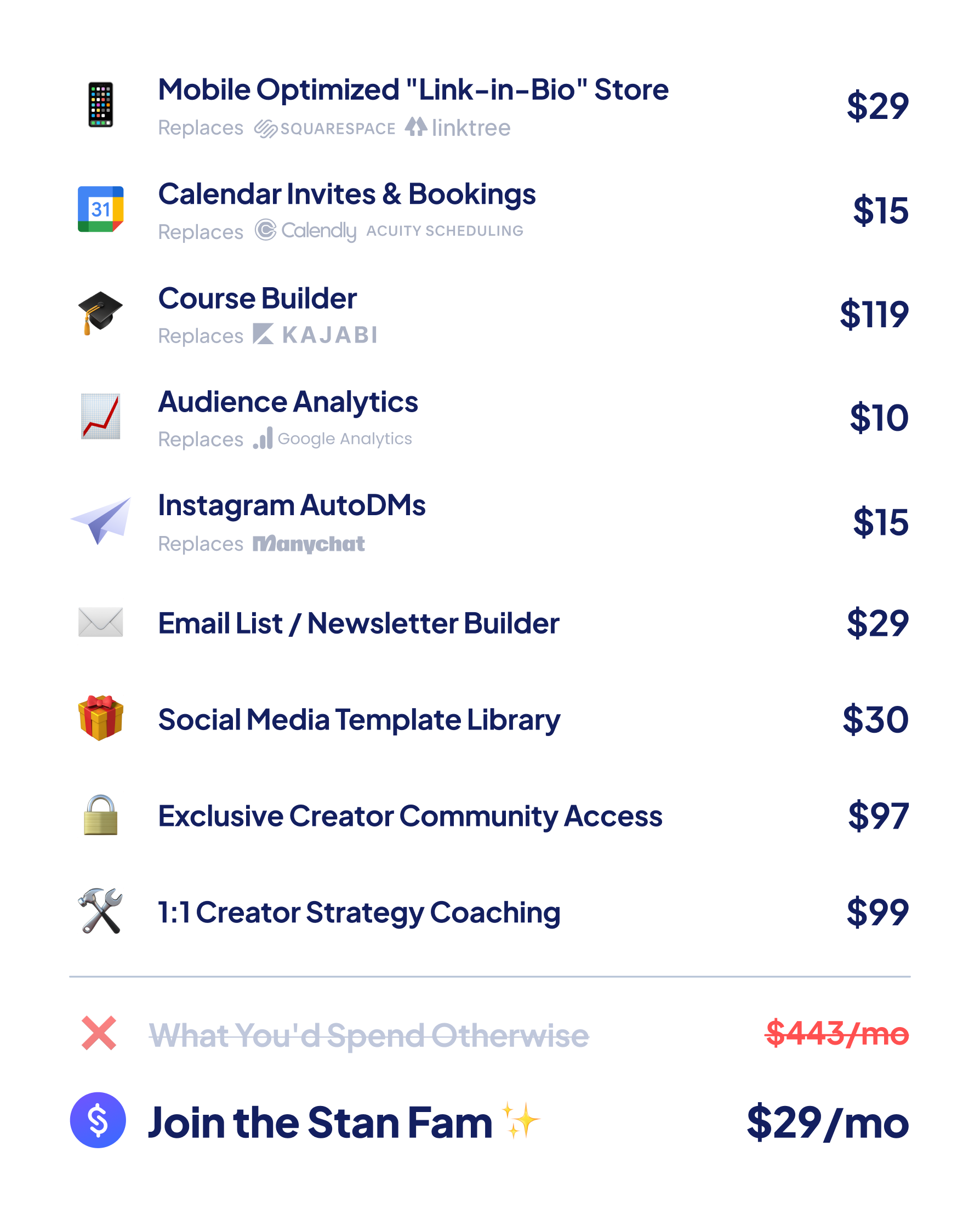
SendOwl: Simple, Effective, and Focused
SendOwl is especially useful for those who want to sell digital goods online securely without investing in a full e-commerce site.. Its focus is on simplicity, security, and flexibility, making it a popular choice for entrepreneurs who already have a website or want a lightweight solution to sell directly to their audience.
Key Features:
- Direct integration with popular payment gateways: SendOwl integrates smoothly with well-known payment processors, ensuring secure and reliable transactions for both you and your customers.
- Secure digital delivery: The platform offers advanced delivery options, including license keys and time-limited access, to ensure that your digital products are securely delivered.
- Customizable checkout process: Users can personalize the checkout experience to match their brand and create a smooth, professional purchasing journey for customers.
Pros and Cons:
- Pros: Straightforward platform for digital sales, with strong security and flexible payment options for reliable delivery.
- Cons: Lacks built-in email marketing, requiring integrations with external services to stay connected with customers.
Get started with SendOwl today — enjoy 7 days free before you commit.

Systeme.io: The Ultimate All-In-One Starter Kit
Systeme.io is a full digital marketing suite built for entrepreneurs aiming to build complete online businesses, Systeme.io goes beyond the basics of how to sell digital products by combining funnels, email marketing, and automation, all under one roof—saving time and money through consolidation.
Unlike the “link-in-bio” tools, Systeme is an all-in-one marketing platform that includes a link-in-bio funnel, rather than it being the core of its design. Its features are designed to be user-friendly yet robust, making it a practical step up for those ready to grow beyond the basics of digital marketing and scale their business.
Key Features:
- Funnel-Building: Systeme.io has a very user-friendly and basic funnel-building element that is also much more affordable than industry leaders — great for entry-preneurs looking to avoid the steep learning curve of more advanced funnels.
- Email Marketing: Create campaigns triggered by opt-ins and connect with your audience. Scales easily with integrations to advanced email tools, like ActiveCampaign.
- Affiliate Management: Create customized affiliate programs for whichever products you choose, whether they are digital or physical.
- Automation: Streamline your digital business by adding customized automation rules and workflows into your campaigns that will trigger automatically, based on your settings.
- E-commerce Integration: Simplifies selling both physical and digital products with built-in tools for product pages, inventory, and payments — no extra plugins required.
For a deeper dive into Systeme.io’s versatility as an all-in-one marketing platform, check out our previous post.
Pros and Cons:
- Pros: Affordable and user-friendly, Systeme.io makes it easy for beginners to create, manage, and scale their business. It also supports integrations, so users can transition to more advanced tools when needed.
- Cons: While versatile, Systeme.io may feel limited for those seeking advanced features or customizations from the start. Its simplicity, while beginner-friendly, can slow progress of those with more complicated goals.
Click here to build your online business with Systeme.io for FREE—no obligation to upgrade and no time constraints.

When starting out with digital product sales, choosing the right platform can set the foundation for long-term success. Whether it’s the simplicity of Stan.Store, the efficiency of SendOwl, or the versatility of Systeme.io, each platform brings its own strengths. In the next section, we’ll dive deeper into how these platforms compare in terms of ease of use, features, and pricing, helping you find the best fit for your business.
How Do I Design Digital Products?
Unless you are marketing digital products of an established company (affiliate marketing), and intend to design and market products for your own brand and image, you need to learn how to design them first. Fortunately, there is a digital design suite known as Canva.
Canva is a versatile design suite with 1,000s of templates for everything from eBooks and social media graphics to YouTube banners and more. With Canva, you can build your brand identity using your own font choices, colors, and logos, all saved in a dedicated brand kit. The platform also makes collaboration simple by allowing you to add team members as your business grows. Best of all, Canva is free to start, with an affordable Pro plan available for those who want access to advanced features.
Maintain Consistency Through Your Marketing
One of the most important elements of building a successful business is showing up regularly. Once you’ve researched your niche and chosen your social media platforms, it’s essential to keep your content flow steady and reliable.
With SocialPilot, you can manage content across platforms efficiently. It’s a social media scheduling and management tool with bulk scheduling, analytics tracking, and team collaboration features. SocialPilot is designed to save time and keep your brand active online, making it especially useful for solopreneurs and small teams who want to stay visible without juggling multiple accounts manually.
Save hours every week with SocialPilot’s scheduling and tracking tools. Try it for free.
Platform Comparison of Features
This side-by-side comparison table of Stan.store, SendOwl, and Systeme.io makes it easy to evaluate the best platforms to sell digital products, side by side.
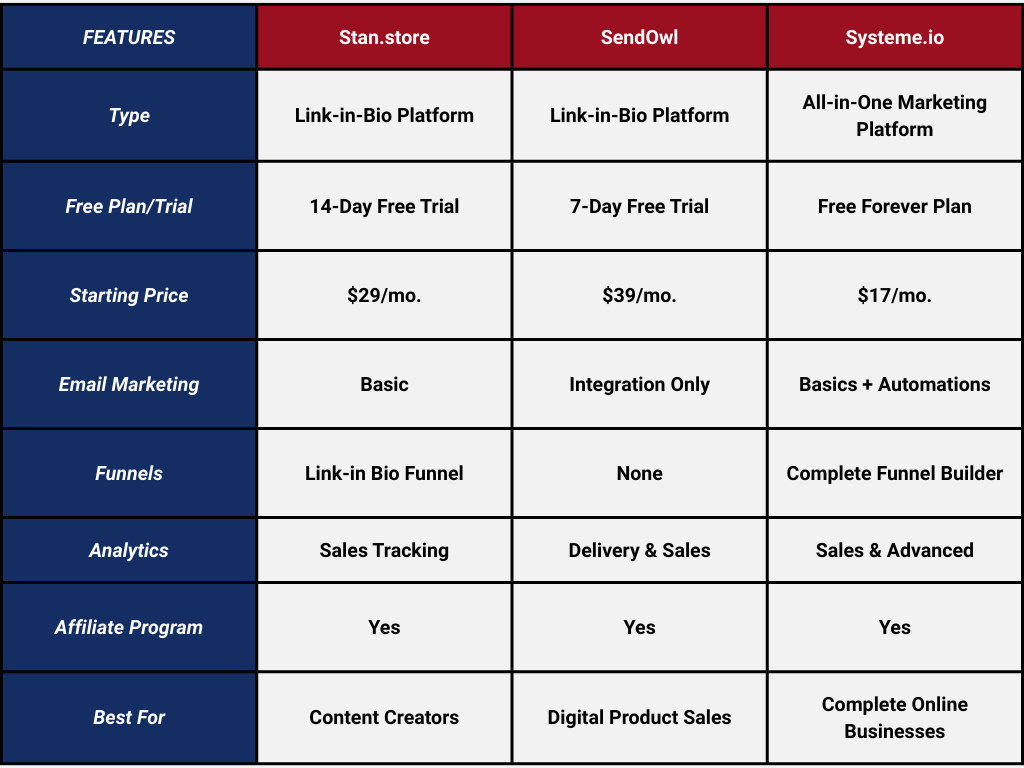
Making Your Choice
Ultimately, choosing the right platform depends entirely on you and your goals. Whether you want to build a creator-first brand, streamline digital product delivery, or launch a complete online business, the best fit will come from clearly defining what you want to achieve and matching it with the right tool.
For a clear understanding of online business from the foundation — that will help narrow down your choices, check out our previous post and guide.
Conclusion
Now that you have a clear comparison of three top digital product platforms, you can weigh their strengths and limitations against what you envision for your niche and brand’s image. Even if you don’t have a clear plan, testing a few digital product ideas or building a full-scale business, the key is to take action. There is no better teacher than real-world experience, and with it you’ll soon chart your own path and confidently decide which route to take.
Continue Reading Related Posts
- Launching Your Online Store: A Step-by-Step Guide – Learn how to set up your store with the right tools from the ground up.
- Top Free Affiliate Programs – Discover beginner-friendly programs to start monetizing without upfront costs.
- Funnels Evolution: From Simple Loops to Smart Systems – Understand how funnels have changed and how to use them to grow.
- Saily eSIM Review – Stay connected while traveling, a must for digital nomads running an online business.

